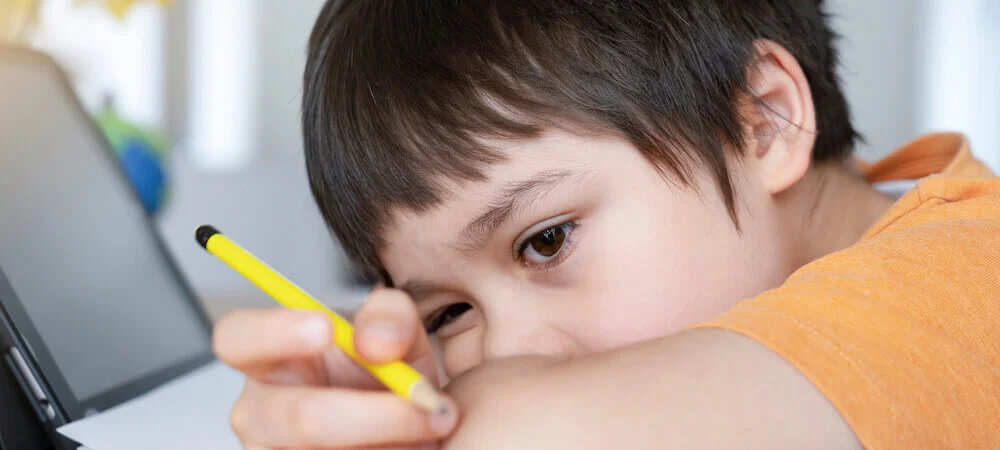By: Sophia Chen
One in eight kids gets a concussion before they are 18 years old, with the main causes being sports and falls. Research has shown that the effects can greatly impact both their health and education.
According to KidsNews, kids who have concussions suffer from many effects such as headaches, sleeping problems, a lack of concentration, and low mood. Some kids have these symptoms for even longer than four weeks. Children with concussions also have lower reading and computation skills due to cognitive and behavioral changes that make it much harder for them to learn.
Because of this risk, many parents are starting to forbid their kids from playing sports, especially contact sports like football. Dr. Reider Lystad said, “We don’t want children to stop playing sports or being adventurous, but there is a need to ensure that young people with concussion have access to multidisciplinary healthcare services.”
Schools have rules about how to help a student that suffered a concussion, and how to assist them get back to playing the sport. Ms. Arvanitakis is a training coordinator at a football league. She says that they have strict policies about concussions.
According to her, the club has a 12-day rule where kids with concussions cannot play. They have to rest for two days, and then after a while, they see how they do with walking, running, and training. “We’ve also developed a relationship with the schools in the area. They tell us if kids have been hurt at school, and we tell them which kids have been hurt during training,” she said.
Students can keep playing contact sports, but they need to have access to healthcare providers. Thankfully, according to Victoria, Australia’s Department of Education, all schools have to plan for students’ first-aid needs and make sure that first-aid officers are available if there are any injuries. There are also guidelines across 11 sporting codes, so children with concussions can get appropriate treatment if they are hurt.











